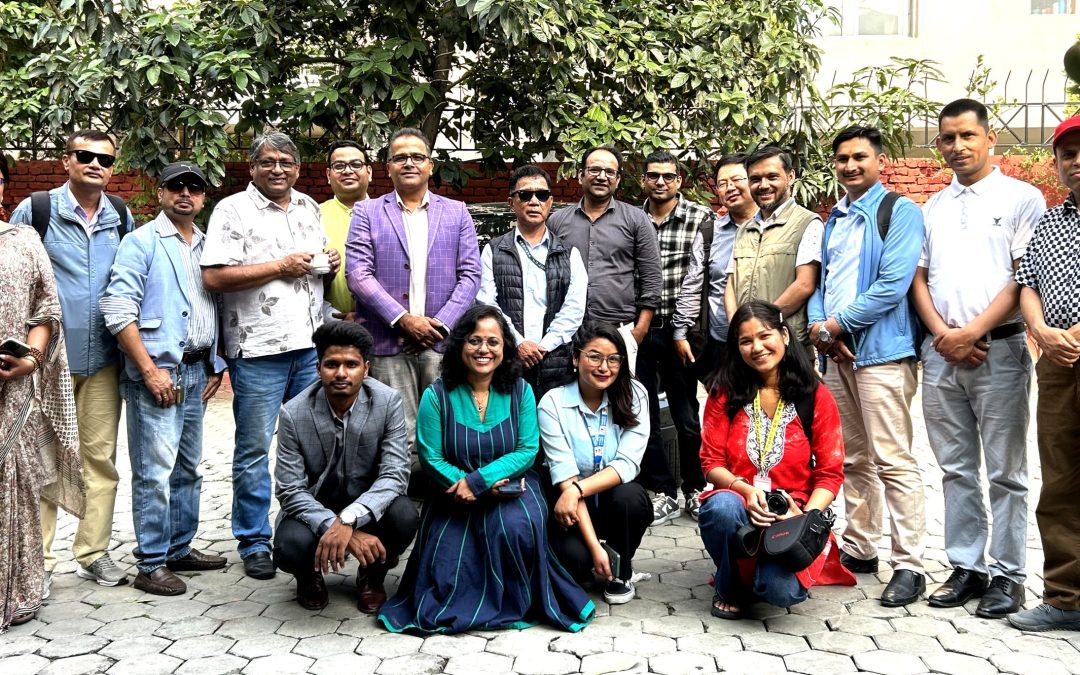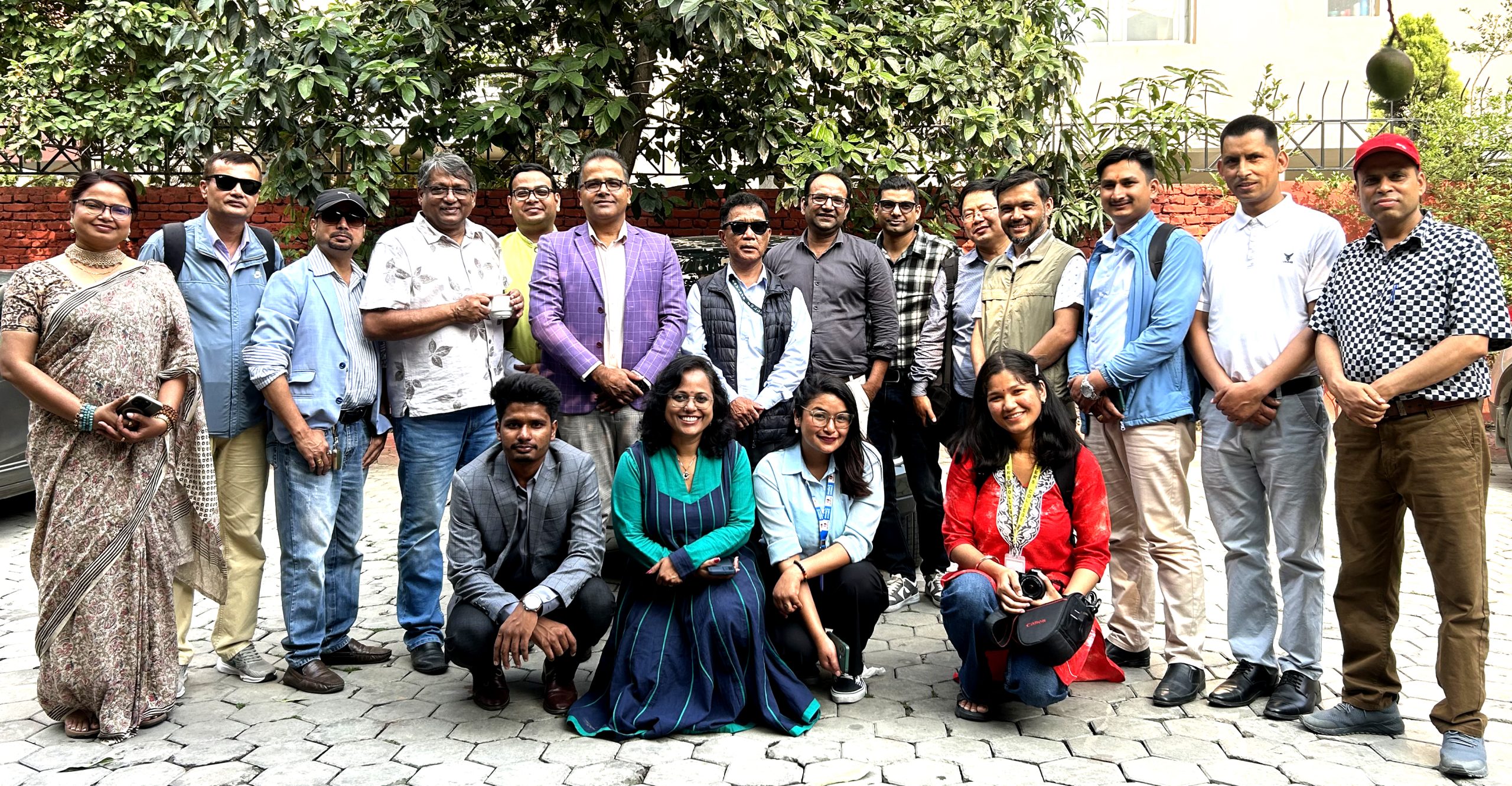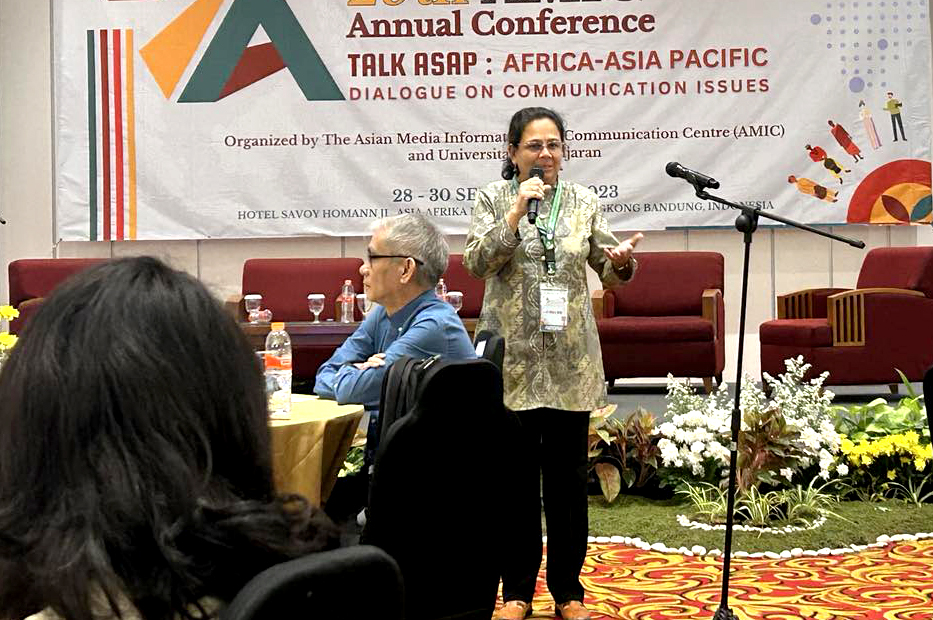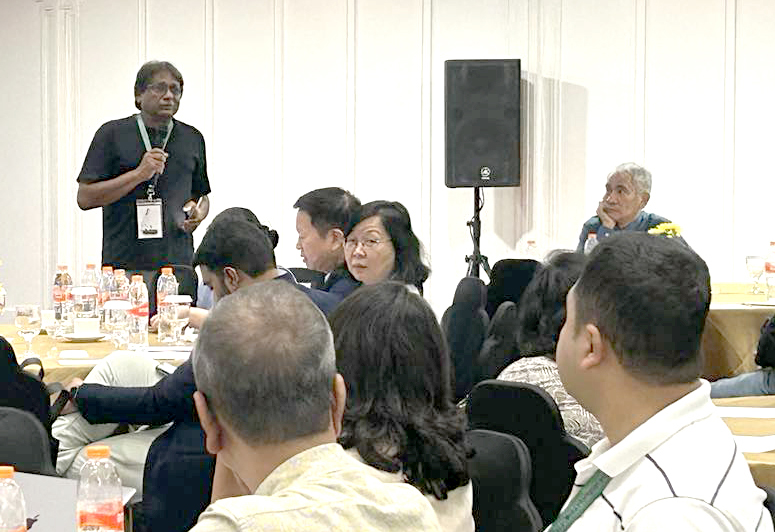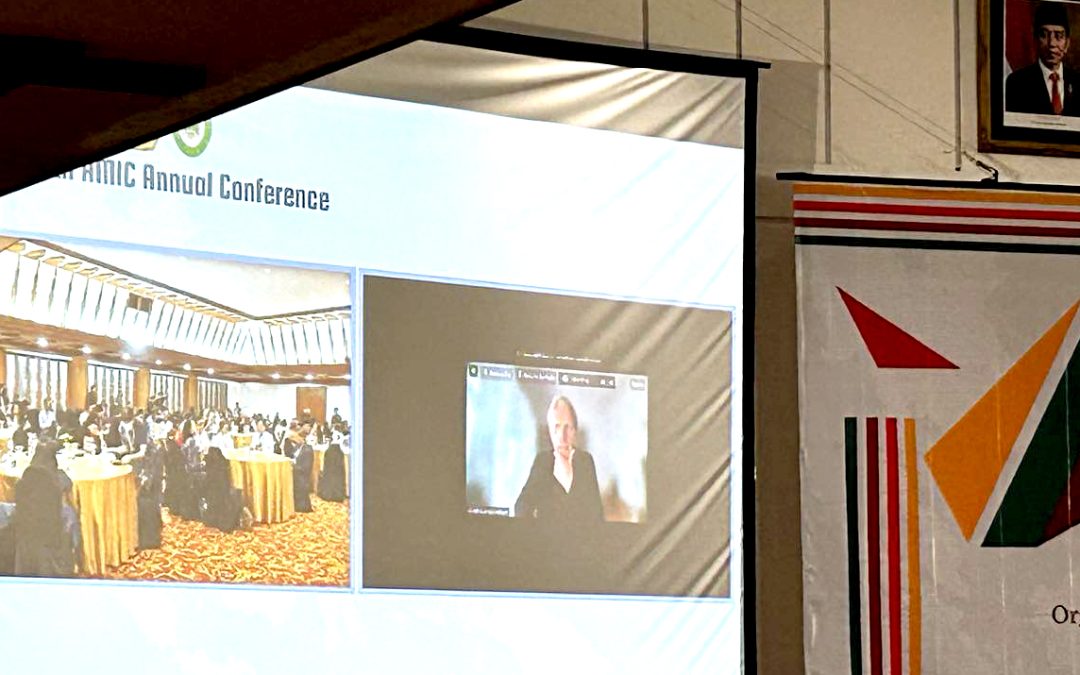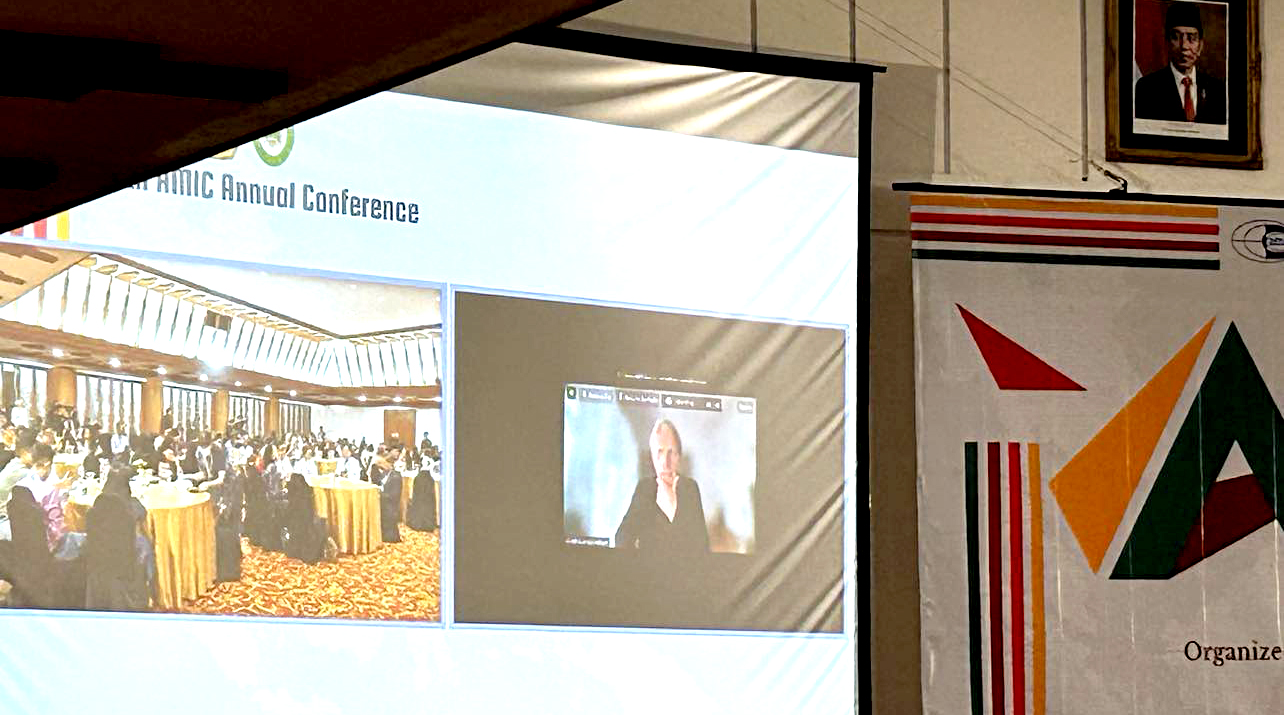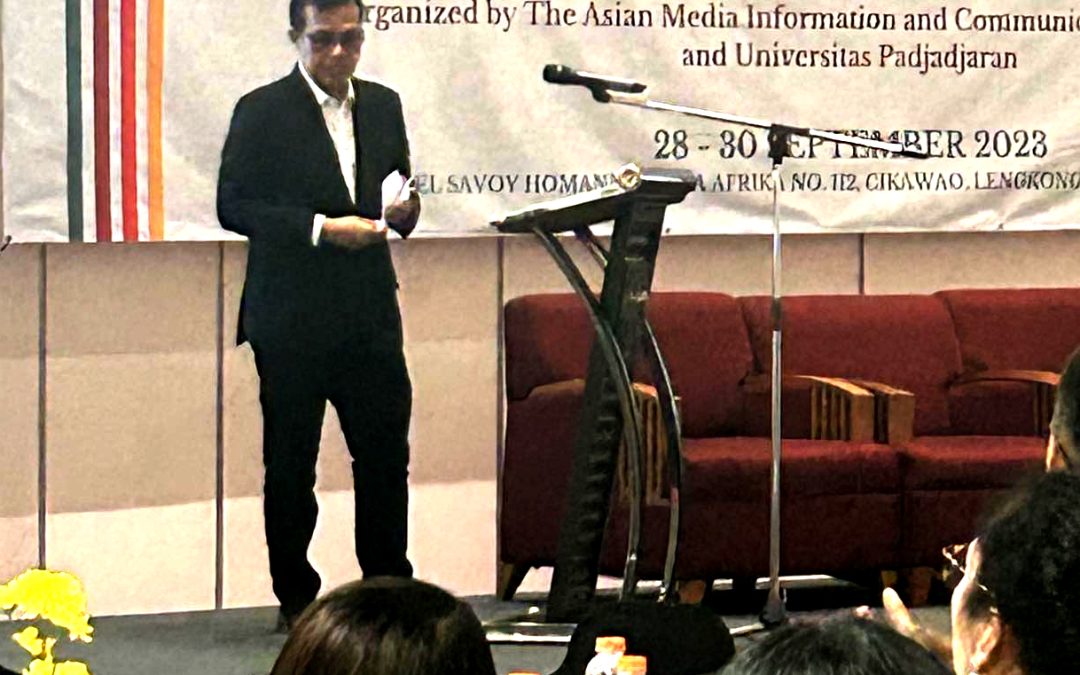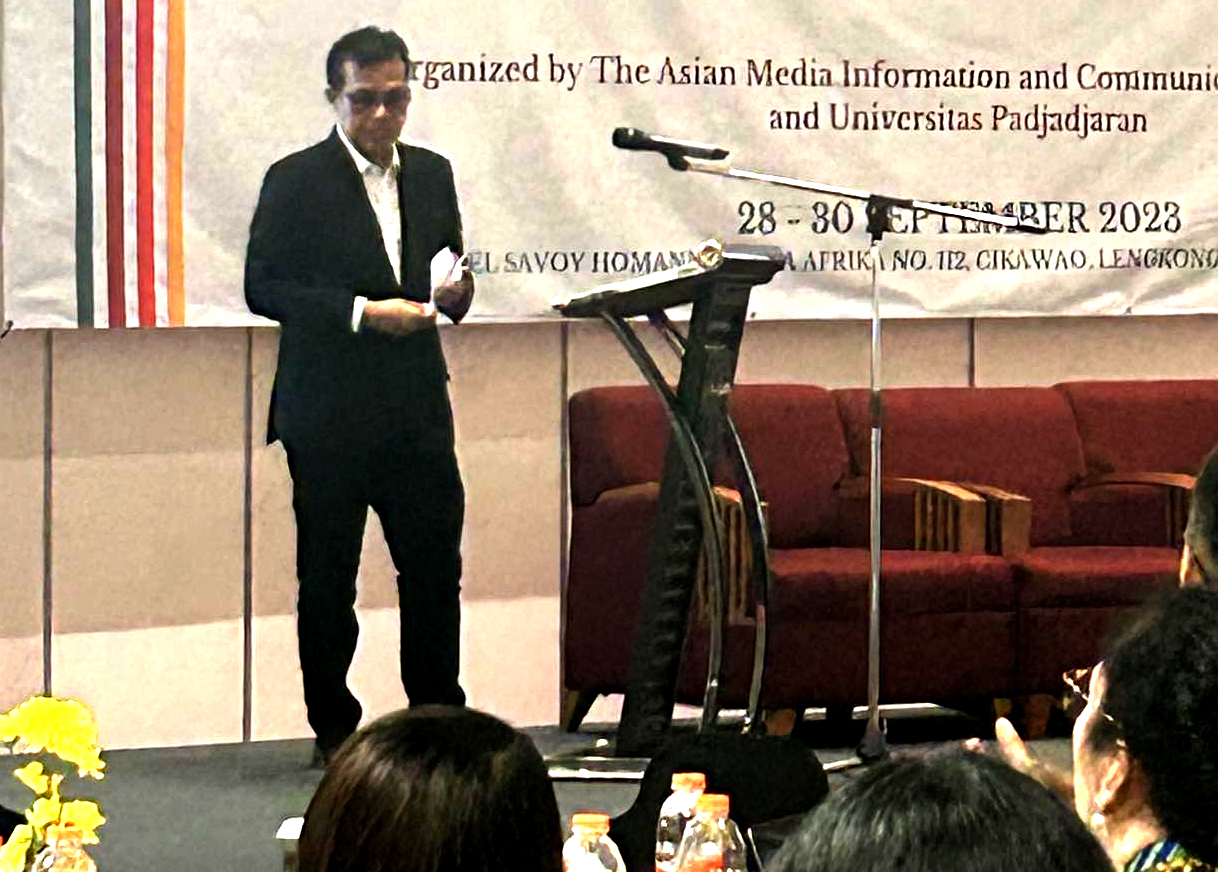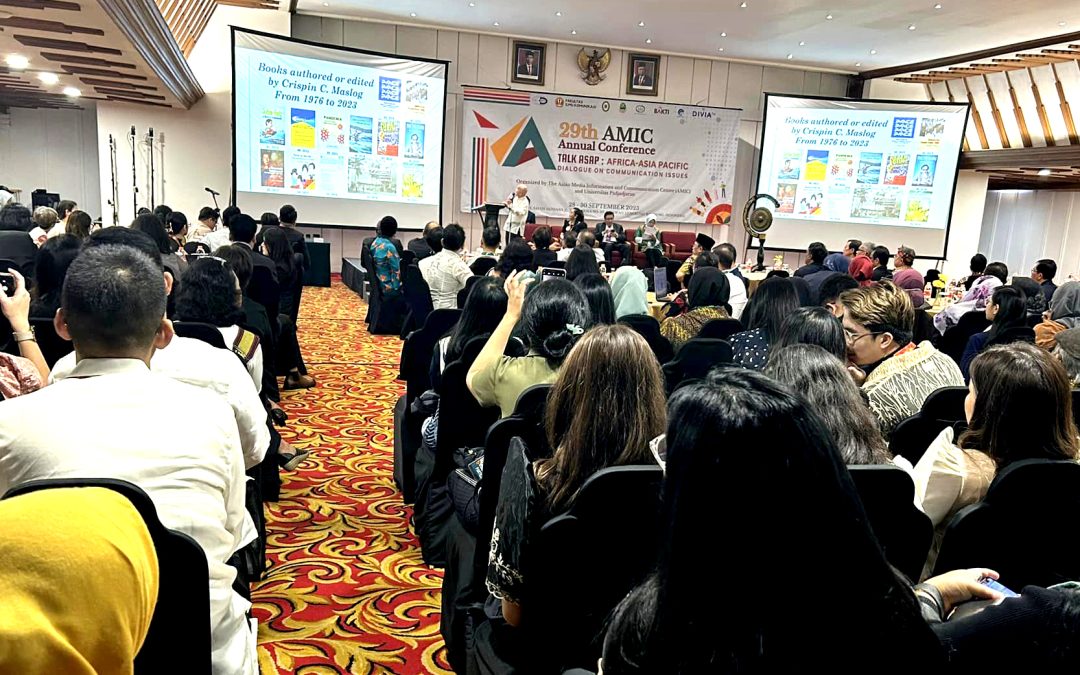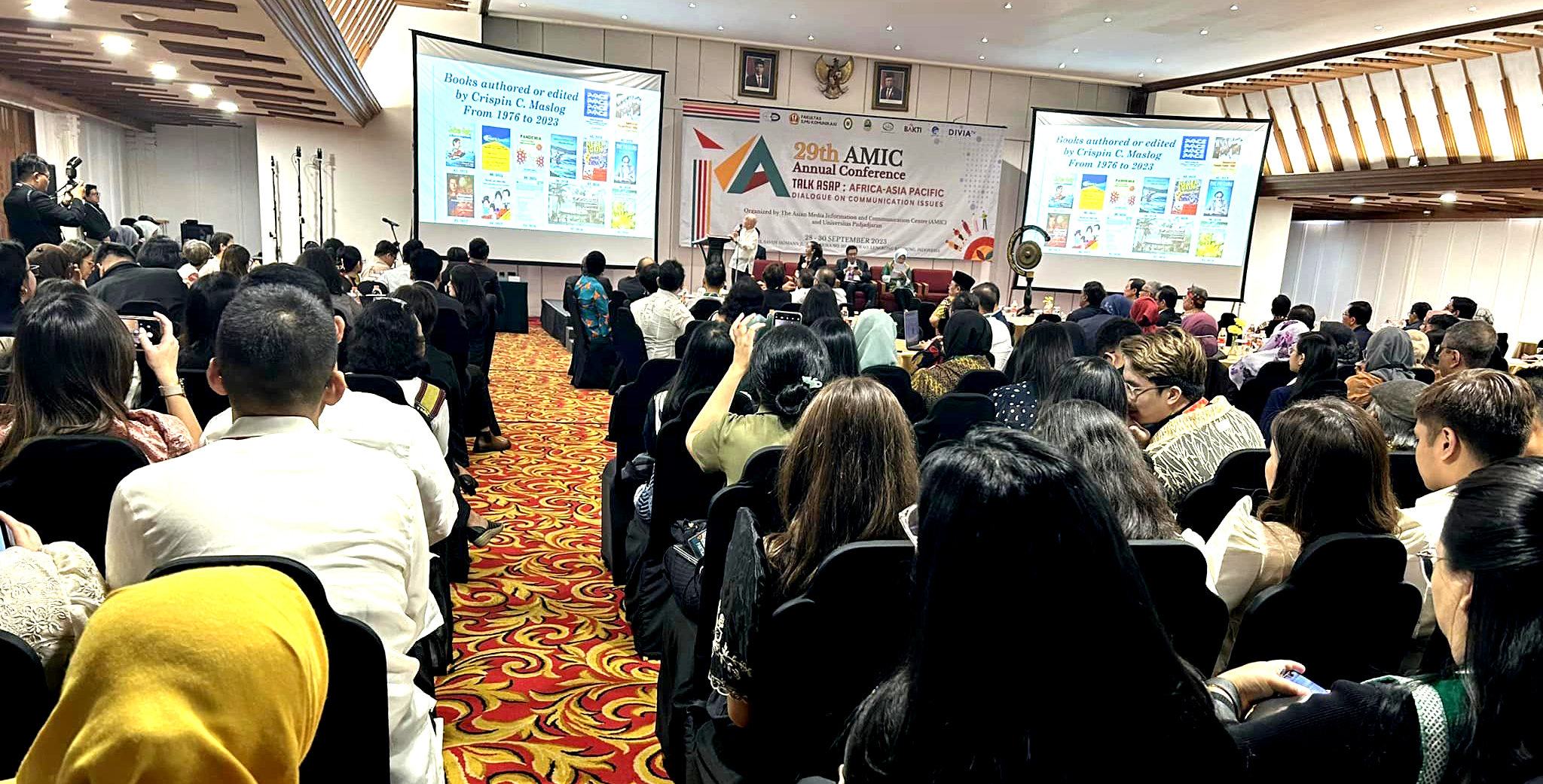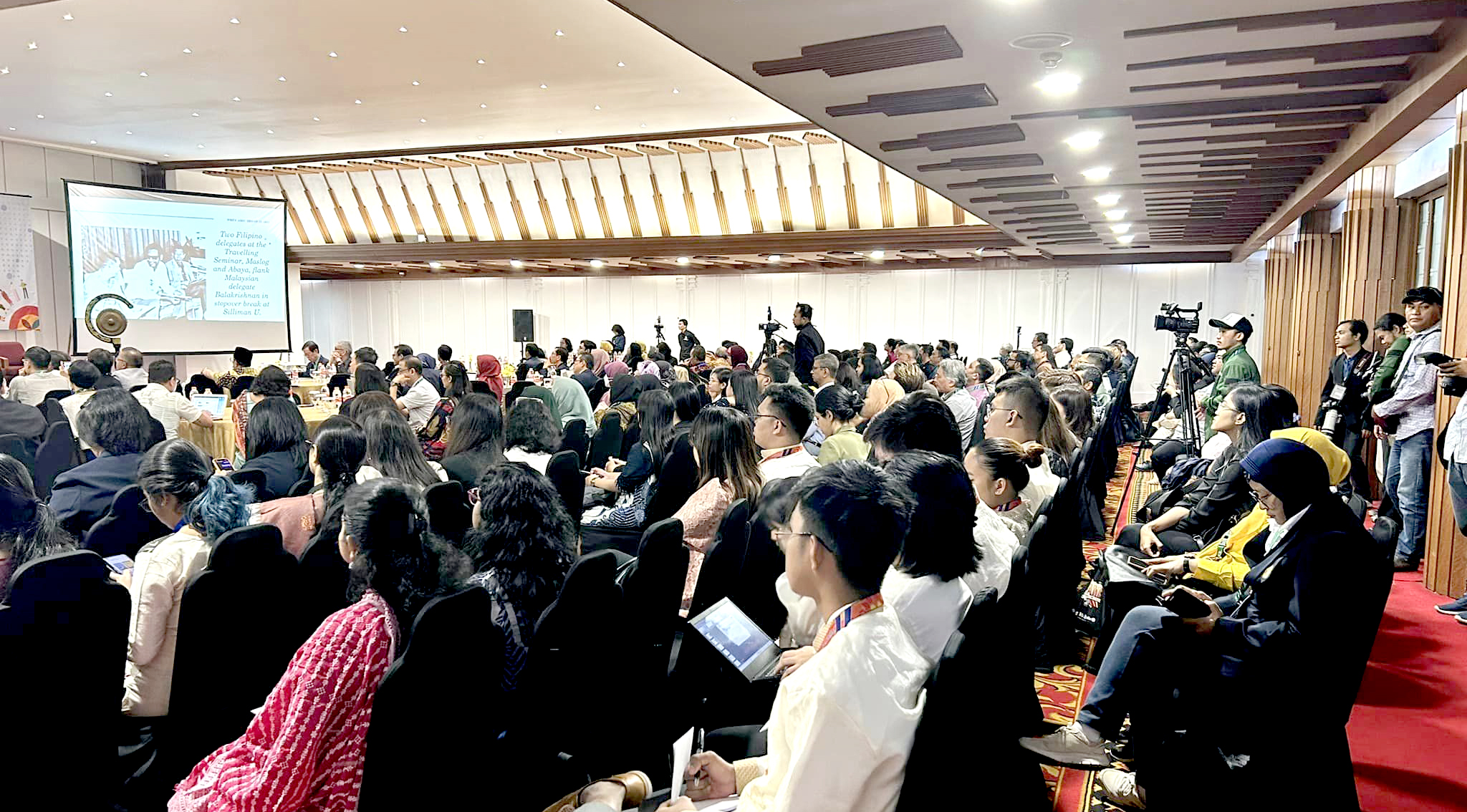Final Pre-Event Press Release for Online Roundtable Discussion
Online Roundtable Discussion to Examine the Impact of Artificial Intelligence and Social Media on Elections in Asia
BANGKOK, Thailand — The Asian Media Information and Communication Centre (AMIC), in partnership with the Chulalongkorn University, will convene an online roundtable discussion titled “Artificial Intelligence, Social Media, and Elections in Asia” on 21 January 2026, marking the opening of the Talk AMIC 2026 Dialogue Series.
The forum responds to growing regional and global concern over the role of digital technologies in democratic processes. The year 2024 was described by the United Nations as a global “super year for elections,” with billions of citizens worldwide — including across Asia — participating in national and local polls. While digital platforms and artificial intelligence (AI) have expanded access to political information and participation, they have also introduced new risks, including disinformation, micro-targeting, data misuse, cyber threats, and the erosion of public trust in elections.
Grounded in the principles of freedom of expression and suffrage enshrined in the Universal Declaration of Human Rights, the roundtable will examine how AI and social media have shaped electoral processes before, during, and after elections in Asia. It will draw on recent experiences from countries such as Bangladesh, Indonesia, Japan, the Philippines, and Thailand.
The discussion will also engage with international policy frameworks, including UNESCO’s Guidelines for the Governance of Digital Platforms (2023) and the Consultation Paper on AI Regulation (2024), assessing their relevance and applicability to diverse Asian political and media environments.
The virtual roundtable, which is supported by UNESCO and the Asian Network for Free Elections (ANFREL), brings together leading political communication scholars, media researchers, election experts, and a UNESCO policy specialist actively engaged in digital governance initiatives, as follows:
- Dr. Danilo A. Arao
College of Media and Communication
University of the Philippines, the Philippines
- Prof. Dr. Wijayanto
Vice Rector for Research, Innovation, Collaboration, and Public Communication
Universitas Diponegoro, Indonesia
- Dr. S M Shameem Reza
Department of Mass Communication and Journalism
University of Dhaka, Bangladesh - Emeritus Dr. Pirongrong Ramsoota
Commissioner, National Broadcasting
and Telecommunications Commission (NBTC), Thailand
- Dr. Muneo Kaigo
Dean, Graduate School of Humanities and Social Sciences
University of Tsukuba, Japan
- John Reiner Antiquerra
Senior Program Officer for Outreach and Communication
Asian Network for Free Elections (ANFREL)
Participants will include media and communication educators, researchers, election management officials, technology experts, and regulators from across Asia. Each country expert will deliver a short case presentation, followed by interactive discussion with participants.
Organizers
AMIC is a 54-year-old professional association of Asian communication and journalism educators, researchers, and practitioners dedicated to advancing media scholarship and practice in the region.
Faculty of Communication Arts, Chulalongkorn University: A global Thai communication school dedicated to academic excellence and global commitment. We are recognized for our pioneering work in the responsible use of generative AI in higher education, empowering a better society through the power of creative and impactful communication.
Expected outputs from the forum include comparative country case studies, a synthesis of policy approaches to AI and social media in elections, and constructive inputs to ongoing UNESCO policy discussions on digital platforms and AI regulation in the Asian context.
Date: 21 January 2026, 1-3 PM BANGKOK TIME (GMT+7)
Format: Online (registration required)
For further information and registration details, please contact the forum organizers via info@amic.asia or commarts.interaffairs@gmail.com

